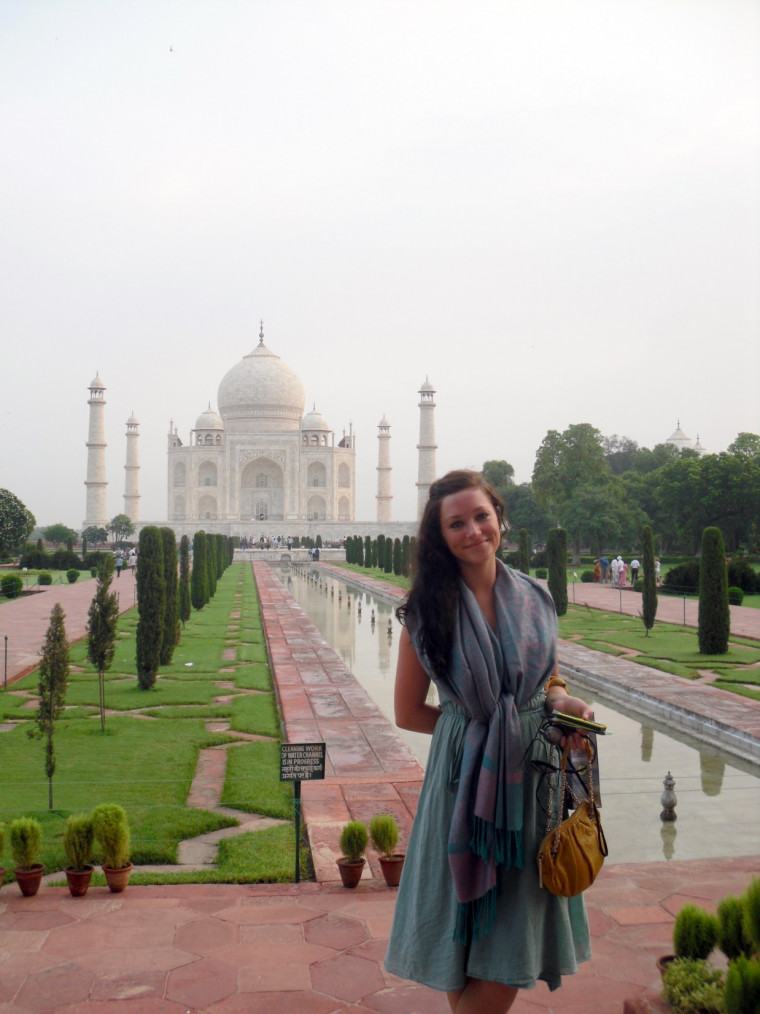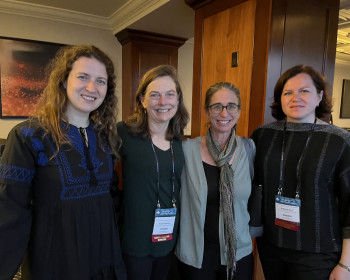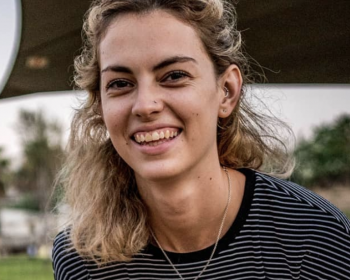Lorraine Ater
Open gallery

2011 Extern at Shyam Divan in Delhi
“Inspired by a desire to travel Asia and to gain exposure to the legal systems of two critical economies in our global marketplace, I devised an itinerary which included studying in China and working in India. Within 12 hours of completing my last final exam of spring term, I was on a flight to Beijing. There, I spent three weeks on the Peking University campus, learning from China’s most prized legal scholars. As China is notoriously reticent when it comes to internal matters and sensitive when it comes to various international relationships, the open forum for discussion that many of the professors encouraged was tremendously engaging. We were able to discuss themes such as the death penalty, freedom of the press, Taiwan and Tibet in a candid and friendly manner with some of the foremost authorities on those topics.
I arrived in New Delhi on the first of July, after having traveled SE Asia during the three week interlude between concluding my studies in Beijing and commencing my externship in India. After a quick weekend to settle in and adjust, which included celebrating Independence Day at the U.S. embassy, I entered the world of the Indian legal system under the mentorship of Senior Advocate Shyam Divan. Mr. Divan’s civil litigation practice is a unique place to learn for a U.S. law student because of the vast range of issues that come into the office, and because he litigates exclusively at the Supreme Court level. The only limitation on the types of cases he accepts is that they be “civil.” I have been involved with a range of assignments including: researching strategies on how to begin to establish an animal rights jurisprudence here in India using the cow, an animal that is considered to be sacred; dissecting the procedural history of an international supply contract between an Indian importer and a Singaporean exporter; and meeting with a prominent civil rights advocate concerned with the privacy implications of pending legislation that would establish a “voluntary” national identification system, which includes collecting biometric data from residents of India.
Mr. Divan is a powerful presence in the Supreme Court, and a strong mentor. He makes sure to apprise me and fellow L&C extern, Manohar, of the most interesting issues and he gives us great latitude in choosing which cases we want to engage with. I am trusted with the same types of assignments as his two supporting attorneys, with whom I share a communal office. The attorneys, Rakesh and Vasuman, are amazing mentors as well. In the long work hours we share together, they are willing to field our never-ending questions and to discuss, debate and compare issues to the United States, both to satisfy their curiosity and to give us a basis from which to understand a point. They ask us questions about the U.S., we ask them questions about India.
Of course, one of the most interesting aspects of the placement is the exposure to the judicial system and being able to attend Supreme Court hearings. You quickly learn to navigate your way around the 14 different courtrooms currently in session and familiarity with the personalities of the 28 justices comes rather quickly as well. You also meet fellow interns, almost all of whom are Indian students, and advocates on a regular basis. The interns and advocates are very curious to know where you are from, who you are working for, what the education system is like in the U.S. and so forth. I have amassed quite a few business cards and phone numbers! It’s nice to run into an increasing number of familiar faces in the corridors and courtrooms of the Supreme Court.”
More International Law Stories
email lclawsa@lclark.edu
voice 503-768-6716
Contact Student Affairs
International Law
Lewis & Clark Law School
10101 S. Terwilliger Boulevard MSC
Portland OR 97219

